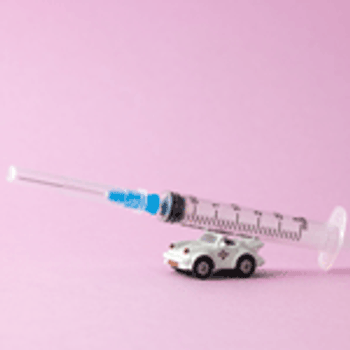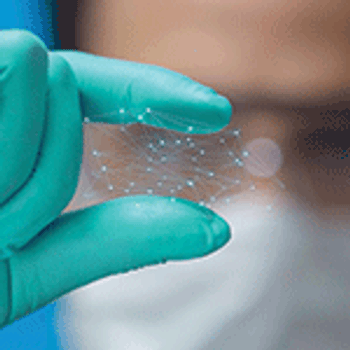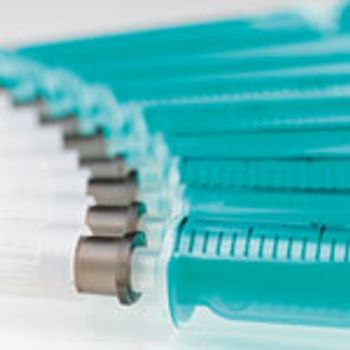
Kindeva Drug Delivery plans capital investment and jobs growth.

Kindeva Drug Delivery plans capital investment and jobs growth.

With the acquisition, Orgenesis will combine TamirBio’s ranpirnase antiviral platform with its Bioxome technology.

Industry opportunities are increasing for biosimilars, but companies should pay close attention to delivery device design to facilitate success.

N4 Pharma will be undertaking a proof-of-concept research project using a COVID-19 DNA plasmid to demonstrate the ability of its delivery system, Nuvec, to collaborative partners developing DNA or RNA vaccines.

As a result of the rising use and development of biological drugs, the biopharma industry is witnessing an increase in the adoption of prefilled syringes.

Jim Walter will take on the role of vice-president of operations for Catalent’s Oral and Specialty Delivery business.

The facility will produce parenteral products and delivery devices and is set to create 460 new jobs.

CPI has partnered with ImmunoBiology (ImmBio) for the development of a heat-stabilized formulation of a mutli-antigen vaccine candidate against Pneumococcal diseases.

Lonza and Cryoport have partnered up to strengthen Lonza’s ‘vein-to-vein’ delivery network by removing supply chain hurdles faced by developers of personalized therapeutics.

On Tuesday, Nov. 5, 2019, Karima Yadi from Becton Dickinson & Co. will present the challenges of using, and necessity for, shorter needles and integrated systems with high viscosity drugs, such as biologics, to improve the patient experience at CPhI Worldwide.

AstraZeneca received approval from FDA for Fasenra Pen, a pre-fillled auto-injector pen that allows for self-administration of its asthma biologic therapy, Fasenra (benralizumab).

FDA has approved Novo Nordisk’s Rybelsus (semaglutide), a glucagon-like peptide receptor protein treatment in oral tablet form for type 2 diabetes.

The company will supply its heparin sodium injection in prefilled syringe form.

The companies aim to integrate glucose sensing with insulin delivery technologies to help change the way diabetes is managed.

TrakCel and McKesson have formed a collaboration that is aimed at accelerating commercialization of cell and gene therapies by leveraging services to enable a more efficient development pathway.

EMA has opened a three-month consultation on its draft guidelines on the quality of requirements for drug-device combination products.

Research advances have enabled the application of nanotechnology to drug delivery. What does this technology offer in the way of enhancing therapeutic effect?

Nanobiotix has launched Curadigm, a spinoff company that will specialize in developing a nanotechnology platform for healthcare applications.

The technology uses a silica nanoparticle to deliver vaccines and cancer treatments.

A project conducted by research institute CEA-Leti led to the development of a new HIV vaccine approach based on engineered lipid nanoparticles.

Optimizing the patient experience and technological advances can positively impact adherence.

Both empty and filled syringes must pass a range of tests to meet quality standards for biopharmaceutical drugs.

The drug is approved in the United States specifically for treating acquired thrombotic thrombocytopenic purpura, a rare blood-clotting disorder.

Researchers used magnesium particles as tiny motors to deliver an oral vaccine against the bacterial pathogen Staphylococcus aureus.

The use of artificial intelligence creates growth opportunities in novel therapeutics development by leveraging multi-sourced data, according to experts at research and consulting firm Frost & Sullivan.